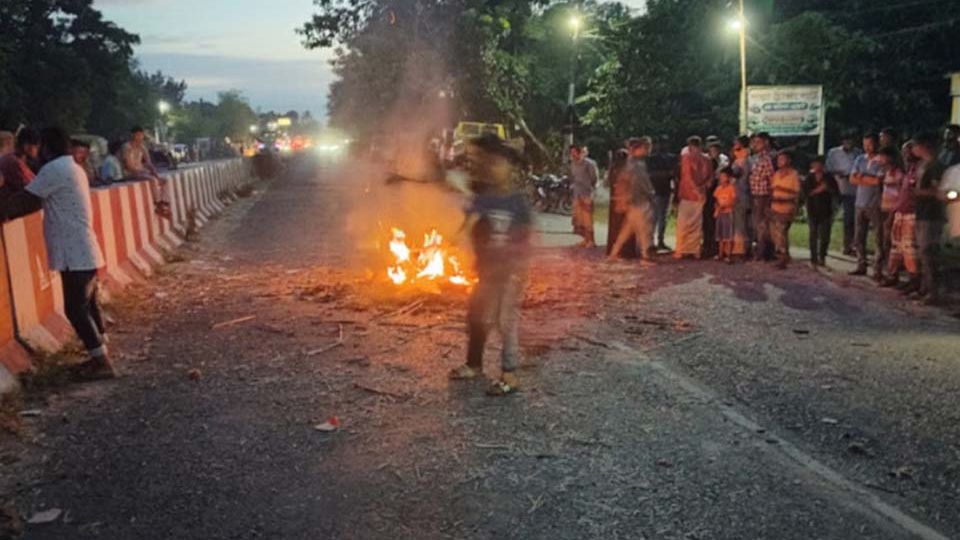September 9, 2025
DHAKA – The exhumation of a body from its grave and its subsequent burning is not only a horrific violation of human dignity but also a glaring example of the interim government’s inability to establish the rule of law. This barbaric act has shaken public conscience, yet the government’s response remains depressingly predictable: another statement of condemnation, another empty assurance, another reminder that those who are supposed to govern are content with simply issuing words.
This is not the first time. We saw the attack on Nur. The government condemned. Again, nothing changed. Now we witness the assault on Nural Pagla’s darbar in Rajbari, where one person was killed and dozens injured, followed by attacks on Rajshahi’s Khanqa Sharif and repeated arson at the Jatiya Party office. Once more, the government issued the familiar script: “This barbarity will not be tolerated.” Yet reality shows the opposite. Such barbarity is not only tolerated but emboldened by inaction.
There had been commotion in Rajbari for the last couple of days. If law enforcement agencies had acted promptly, the mob could have been prevented. Do we need to wait until someone is killed before taking action? Do we need to see frenzied people wreaking havoc again and again before realising the urgency of pre-emptive measures? A government that fails to act until after the tragedy is not governing. It is merely reacting.
A government cannot presume to ensure law and order if it is out to appease certain groups. Nor can it hide behind carefully drafted press releases while lawlessness takes deeper root in society. By failing to take decisive measures such as arrests, prosecutions, and visible law enforcement, the state signals to mobs that they may act with impunity. This erodes public confidence and fuels the dangerous belief that rule of law is negotiable.
Let us be clear. The primary task of any government is to protect lives, safeguard dignity, and uphold justice. Condemnations are the language of NGOs and advocacy groups, not of a sovereign authority vested with executive power. If the interim government is serious about its mandate, it must act firmly, swiftly, and visibly. Otherwise, its legitimacy will crumble under the weight of its own inaction.
The country deserves better than a government that only condemns after the fact. Words are not governance. Inaction is complicity. And when mobs dictate the terms of justice, it is not just the dead who are dishonoured. It is the entire nation.


